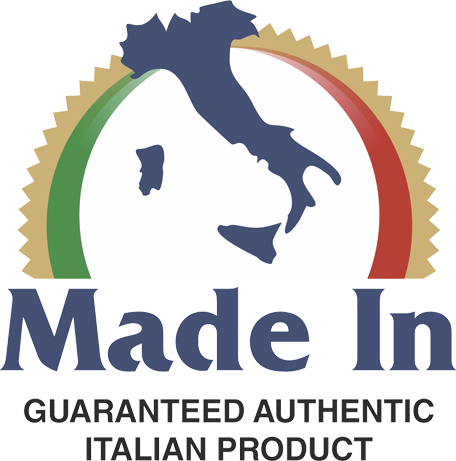
Introduction:
Made in Italy has always been synonymous with excellence and quality in the world, representing a cultural and economic heritage of inestimable value for Italy. However, in order to preserve authenticity and prevent abuse, it is essential to have solid regulations governing the use of the “Made in Italy” label. In this article, we will explore the Made in Italy regulation, highlighting its main features, the importance of its enforcement, and the measures taken to ensure the authenticity of Italian products.
Definition and objectives of the Made in Italy legislation:
Made in Italy legislation is a set of rules and legal provisions aimed at protecting the “Made in Italy” trademark and preserving its authenticity. The main objective is to ensure that products bearing this label are actually made in Italy, using Italian materials and meeting the country’s quality and production standards. This legislation is crucial to protect the Italian economy, promote local employment and offer consumers the security of buying genuine, quality products.
Main features of the legislation:
Made in Italy regulations are based on several key principles:
Origin of materials: To obtain the “Made in Italy” label, products must be made using primarily Italian materials. This is essential to preserve local tradition and know-how, as well as to support the Italian manufacturing industry.
Production in Italy: The actual production of products must take place in Italy, following applicable laws and regulations. This ensures that companies cannot label products manufactured elsewhere as “Made in Italy.”
Inspection and certification: Independent inspection bodies verify compliance with Made in Italy regulations through inspections and certification. This control process helps ensure brand integrity and combat fraud and counterfeiting.
Promotion and communication: The regulations encourage the promotion of Made in Italy both nationally and internationally. This helps to enhance brand reputation and stimulate consumer interest in Italian products.
Measures taken to ensure the authenticity of Made in Italy:
To ensure the authenticity of “Made in Italy” products and combat unfair practices, several measures have been taken:
Clear labeling: Products must clearly indicate their origin, specifying whether they were made entirely in Italy or whether they contain parts or materials from other countries.
Strengthened controls: The relevant authorities have intensified controls to detect and punish violations of Made in Italy regulation. This helps deter illegal behavior and protect consumers.
Collaboration with EU and international authorities: Italy is working closely with the European Union and other international authorities to share information, best practices and strategies to combat counterfeiting and forgery of Made in Italy products.
Conclusions:
Made in Italy regulation play a fundamental role in protecting the Italian economy and culture. Through clear rules and strict control measures, it aims to ensure that “Made in Italy” products meet the required standards of quality and authenticity. At the same time, the legislation helps promote Italian heritage abroad, enabling consumers to make informed choices and support Italian industry.


